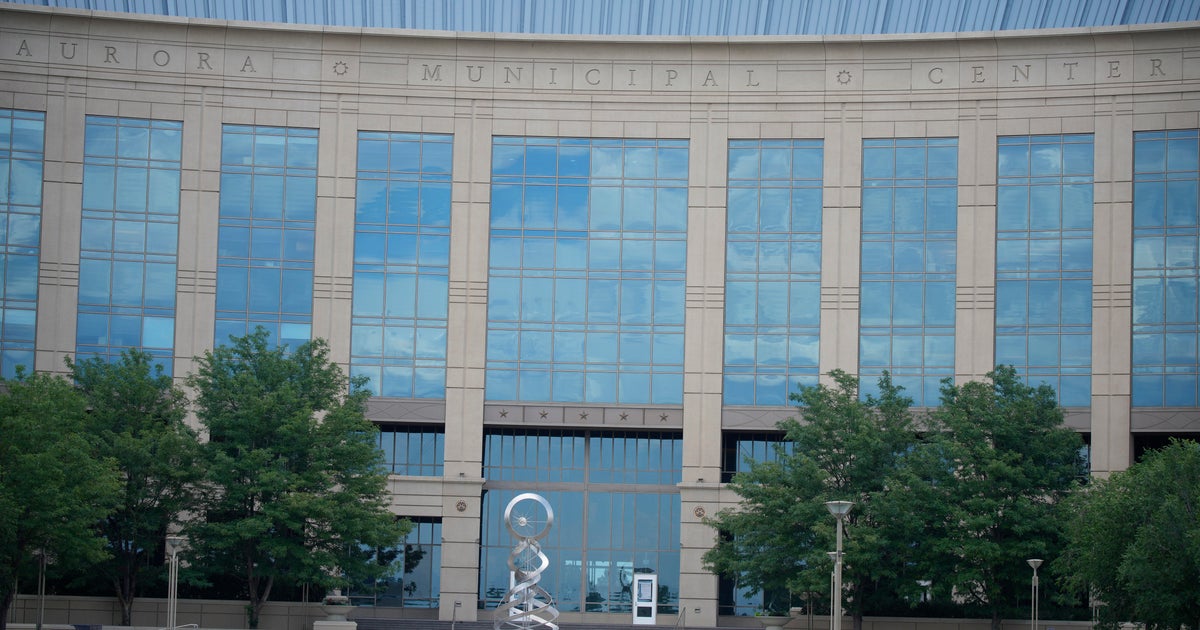Wage growth is slowing. Blame the Federal Reserve.
Workers flexed their muscles in 2022, with strikes surging and a labor shortage pressuring businesses to lift wages. That was then.
Now, metrics show that wage growth peaked in the middle of last year and has since slowed. A comprehensive measure of employee pay showed that employer spending on pay and benefits grew only 1% in the last three months of 2022. A report from PayScale also notes that fewer companies are planning to give raises this year and that the average annual pay increase is set to fall from over 5% to between 4% and 5%. Research from regional Federal Reserve banks and Goldman Sachs confirms that wage growth is moderating after spiking last year.
Such statistics are good news for Federal Reserve Chairman Jerome Powell, who has spearheaded the central bank's policy of sharply driving up interest rates in order to slow the economy enough to curb inflation. But it's bad news for the many workers whose pay is still not keeping up with rising prices.
In the last year, wage growth "was both higher than is consistent with meeting the Federal Reserve's 2% inflation target and lower than would have been necessary to achieve real wage gains over that period," the left-leaning Center on Budget and Policy Priorities said in a recent blog post.
The CBPP and other policy groups are warning that — unless the Fed stops raising interest rates—the already shaky economy is likely to plunge into recession, putting millions of people out of work. Further rate hikes "pose a dire threat to what could be an excellent 2023 for the economic prospects of America's working families," Josh Bivens, of the left-leaning Economic Policy Institute, said in a blog post.
Rising interest, falling pay
The reasons rising interest rates lead to slowing wage growth are straightforward. Higher rates lead to a sluggish job market. As hiring cools and unemployment rises, workers have less leverage to ask for pay increases. They may fear being laid off or the possibility of being replaced by workers willing to earn less.
However, the eight interest-rate increases the Fed has implemented have already caused a sharp slowdown in key sectors of the economy — notably finance, technology and housing, all of which are sensitive to interest rates. In tech, the tens of thousands of layoffs by high-profile companies such as Google-owner Alphabet, Amazon and Meta have effectively lowered salaries for junior software engineers and shifted employer demand to workers with more experience, a recent report from Hired found.
While the nation's unemployment rate is still historically low, at 3.4%, Americans are getting the message that won't last. Expectations of rising unemployment spiked in the Fed's most recent consumer survey.
Meanwhile, survey respondents have scaled back their hopes for increased income growth.
The Fed has hinted it plans to hike rates at least two more times this year and won't cut them until at least 2024, all in the service of hitting its inflation target of 2%. But bringing inflation that low would require "a deep recession," economists at the Cleveland Fed recently concluded — a situation that they called "not optimal."
Are pay cuts necessary to defeat inflation?
Others are more blunt.
"In our view, the Fed should stop doing more harm than good for the economy. Higher and higher interest rates are stunting economic growth while doing little to combat the leading cause of inflation: corporate greed," Liz Zelnick, director of Economic Security and Corporate Power at Accountable.us, said in a statement, noting that a recession would be "devastating" for workers and consumers.
Tackling inflation doesn't have to come at workers' expense, some labor experts say.
"Corporate profit margins are larger than normal historically, so part of the adjustment should come through an adjustment of profit margins down to more normal levels," notes the CBPP. The share of income going to labor, historically above 60%, has averaged 57% for the last 20 years and could stand to be higher, the Center found, adding, "Faster labor productivity growth could also boost real wages."
Policymakers could also address corporate profits more directly, by passing new laws, Zelnick said.
"The biggest companies represented by key sectors in the Consumer Price Index have needlessly and excessively hiked prices on consumers based on their own records that show higher net income or profits as well as billions of dollars in new shareholder giveaways," she said. "The Fed's staggering eight interest rate hikes in a row have done little to contain this clear corporate greed problem, but instead invited a new one: a potential recession."
And to the extent that a worker shortage is having some effect on inflation, experts say that expanding the workforce — rather than shrinking payrolls and stunting pay — is more effective. Economists say that could happen by, for example, encouraging immigration and improving access to child care, allowing parents back to return to work.
Claudia Sahm, a former Fed economist, recently noted in a newsletter: "It's best to solve labor shortages with more workers than fewer customers."





